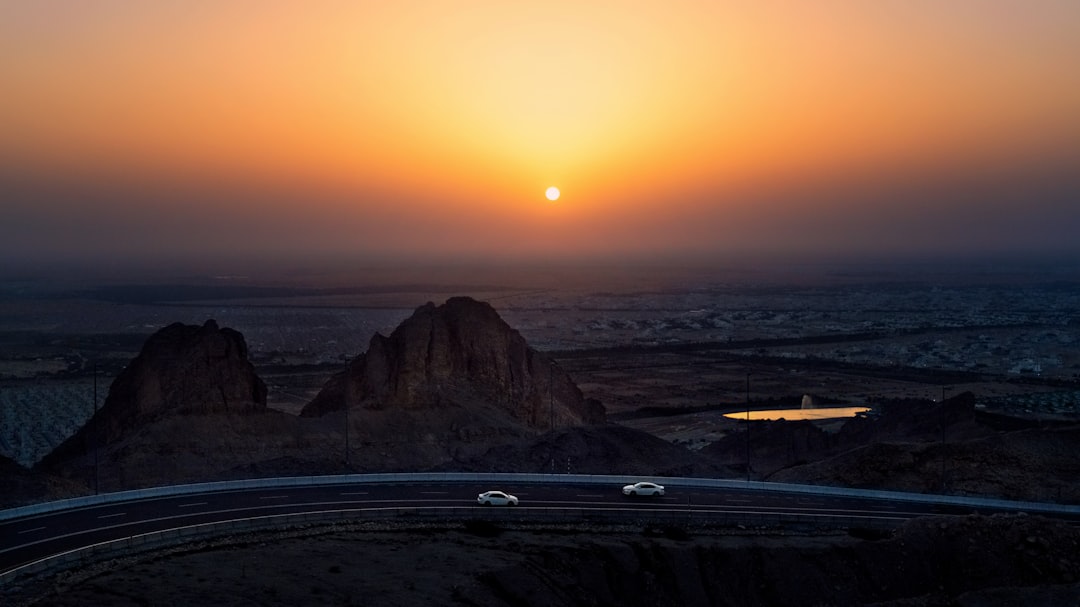Abu Dhabi, the capital city of the United Arab Emirates, is a destination known for its gleaming skyscrapers, luxury resorts, and bustling shopping malls. However, beyond its modern facade lies a rich cultural heritage that traces back thousands of years. From traditional Bedouin practices to grand mosques and ancient forts, Abu Dhabi offers a fascinating glimpse into the region’s past.
One of the best ways to explore Abu Dhabi’s cultural heritage is by visiting the city’s many museums and cultural sites. The Sheikh Zayed Grand Mosque is perhaps the most iconic cultural landmark in Abu Dhabi, with its stunning white marble facade and intricate domes. The mosque, named after the late Sheikh Zayed bin Sultan Al Nahyan, is one of the largest in the world and can accommodate over 40,000 worshippers. Visitors can take guided tours of the mosque to learn about its design and significance in Islamic architecture.
Another must-visit museum in Abu Dhabi is the Louvre Abu Dhabi, a branch of the famed Louvre in Paris. The museum showcases an impressive collection of art and artifacts from around the world, spanning various historical periods and cultures. From ancient Egyptian artifacts to contemporary artworks, the Louvre Abu Dhabi offers a comprehensive overview of human creativity and ingenuity.
For those interested in learning about Abu Dhabi’s more recent history, a visit to the Al Hosn Palace is highly recommended. Also known as the White Fort, this historic building dates back to the 18th century and was once the residence of the ruling Al Nahyan family. Today, the palace has been converted into a museum that showcases the history and culture of Abu Dhabi through interactive exhibits and displays.
In addition to its museums and cultural sites, Abu Dhabi is also home to vibrant cultural events and festivals that celebrate the region’s heritage. The Abu Dhabi Festival is an annual event that showcases a diverse range of performances, including music, dance, and theater, from both local and international artists. The festival aims to promote cultural exchange and dialogue, fostering a deeper appreciation for the arts among residents and visitors alike.
For a taste of traditional Emirati culture, visitors can attend the Al Dhafra Festival, held annually in the Western Region of Abu Dhabi. This cultural extravaganza features traditional Bedouin activities such as camel racing, falconry, and traditional folk dancing. Visitors can also sample authentic Emirati cuisine and shop for handicrafts at the festival’s bustling souk.
Abu Dhabi’s cultural heritage is also reflected in its traditional markets, known as souks, where visitors can shop for locally-made handicrafts, textiles, and spices. The Al Mina Souk is one of the oldest markets in Abu Dhabi and offers a glimpse into the city’s trading history. Visitors can wander through the narrow alleyways lined with shops selling everything from gold jewelry to perfumes and textiles.
For a truly immersive cultural experience, visitors can participate in a desert safari or visit a Bedouin camp to learn about traditional Emirati customs and practices. Desert safaris typically include activities such as dune bashing, camel riding, and enjoying a traditional Bedouin meal under the stars. Visitors can also visit a camel farm to learn about the importance of camels in Emirati culture and watch a falconry demonstration, an ancient practice that continues to thrive in the region.
Overall, exploring Abu Dhabi’s rich cultural heritage offers visitors a unique opportunity to delve into the region’s history and traditions. From grand mosques and ancient forts to vibrant festivals and traditional markets, Abu Dhabi showcases a diverse range of cultural experiences that are sure to captivate and inspire. Whether you’re a history buff, art lover, or simply curious about the world around you, a visit to Abu Dhabi is sure to leave a lasting impression.


